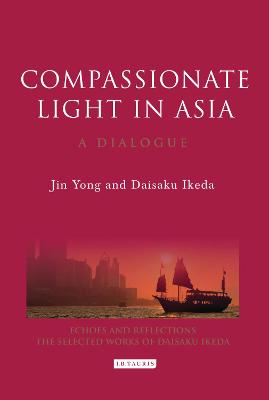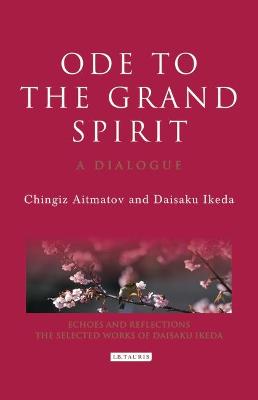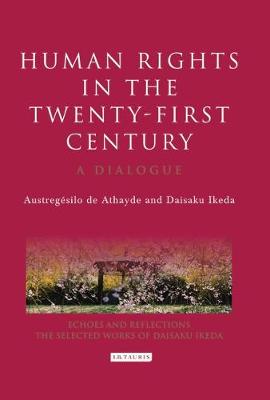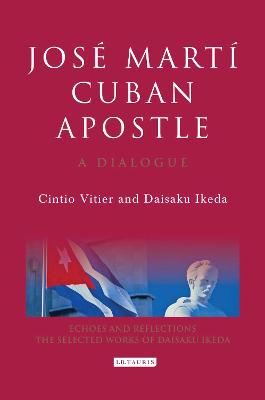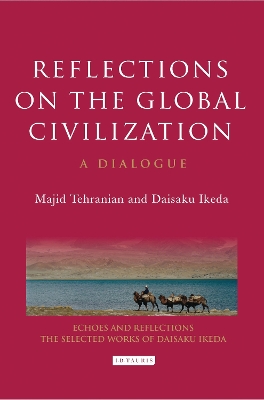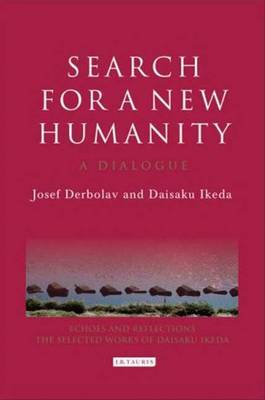Echoes and Reflections
8 total works
Moral Lessons of the Twentieth Century
by Daisaku Ikeda and Professor Mikhail Gorbachev
There is sustained reflection on the horrors of war, and a plea for the importance of memory: Daisaku Ikeda emphasises that 'peace is a battle against forgetfulness', while Jin Yong echoes this in his observation that 'most important is to strive to avoid war, whether it is between countries and whether it be domestic, and thus to enable people to build and improve their lives in a peaceful environment.' Cultural differences between the peoples of China and Japan are explored, sometimes amusingly, with the Japanese propensity for discipline and rules contrasted with the Chinese spirit of creative individualism. But the authors are focused above all on serious issues of meaning and identity, and they reveal the mutual solace both have found - in the face of personal loss and bereavement - in the Buddhist scriptures, especially the Lotus Sutra. Demonstrating a remarkable capacity for empathy throughout, they incarnate in their lives and work an intelligent and sympathetic compassion that represents a beacon of hope to the future direction of Sino-Japanese relations.
Human Rights in the Twenty-first Century
by Austregesilo de Athayde and Daisaku Ikeda
The discussants examine Marti's family life, including his difficult relationships with his wife - Carmen Zayas Bazan - and his parents, who distanced themselves from his revolutionary fervour. Comparisons are drawn between Marti's ideals and Nichiren Buddhism as a source of unfailing hope and courage. As Daisaku Ikeda, follower of Nichiren, says at one point in the dialogue: 'Self-mastery is the hardest thing of all. But to have a spiritual nature worthy of the name, a person must overcome himself, a task that only a true optimist can accomplish. Marti's perspicacity is revealed in his conviction that final victory in life is assured by such optimists.' Marti, like Nichiren, had the unerring ability to turn enemies into friends. And as Cintio Vitier and Daisaku Ikeda reveal, what set Marti apart was not his thought or ideas alone but what emanated from his words and found embodiment in his actions. It was thus that a follower at the time could say of him: we don't understand him, but we are ready to die for him.
Reflections on the Global Civilization
by Majid Tehranian and Daisaku Ikeda
While recognising that our survival is threatened by the imbalance between human immaturity and technological achievement, the optimistic message of this classic Dialogue is that man-made evils have a man-made cure.
The dialogue concludes with a reflection on the future for the human race, looking to an inner revolution - a radical alteration in our way of thinking - which will conquer the daunting problems currently facing the planet and its people.

